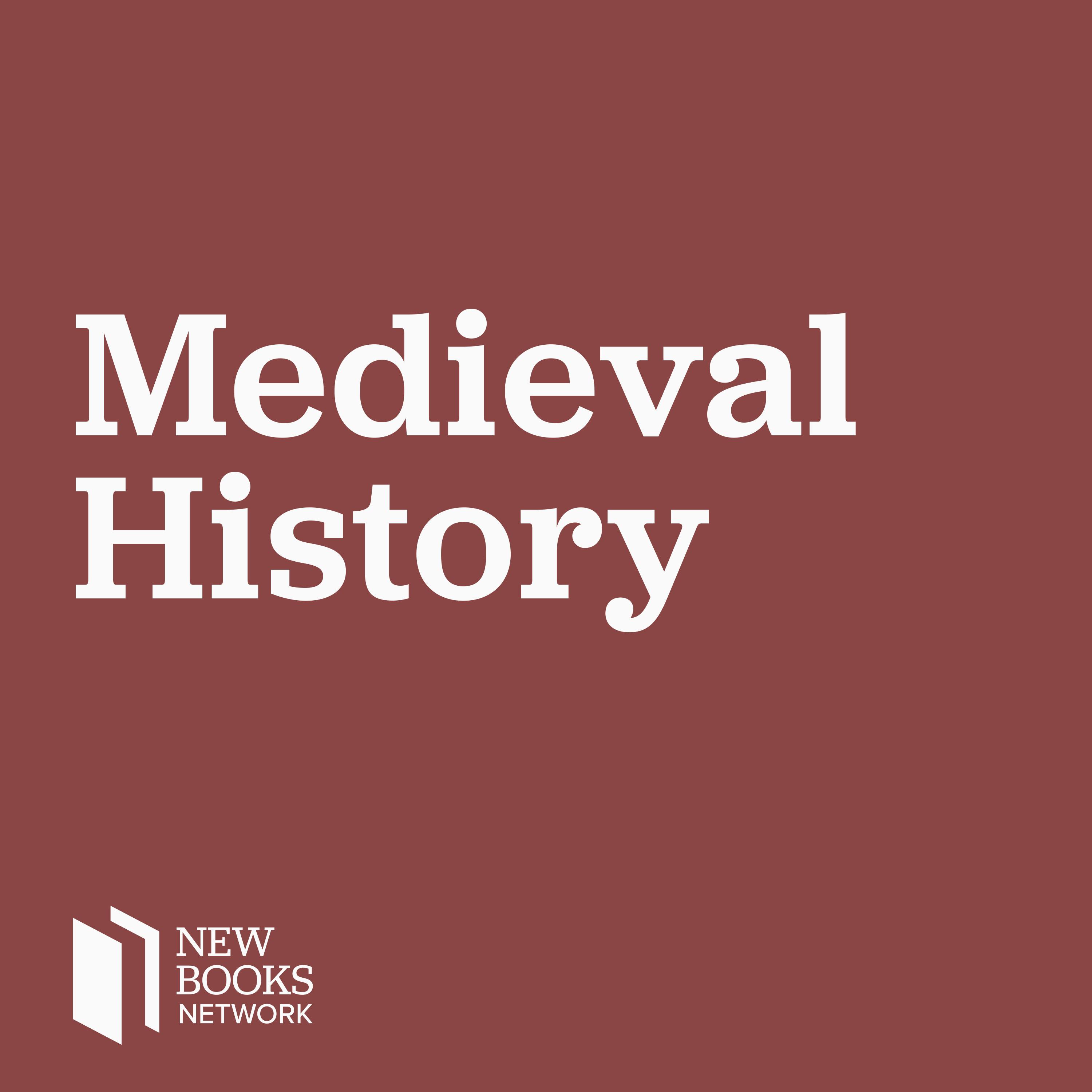Nuria Silleras-Fernandez, "The Politics of Emotion: Love, Grief, and Madness in Medieval and Early Modern Iberia" (Cornell UP, 2024)
Description
The Politics of Emotion: Love, Grief, and Madness in Medieval and Early Modern Iberia (Cornell University Press, 2024) by Dr. Nuria Silleras-Fernandez explores the intersection of powerful emotional states—love, melancholy, grief, and madness—with gender and political power on the Iberian Peninsula from the Middle Ages to the early modern period. Using an array of sources—literary texts, medical treatises, and archival documents—Dr. Silleras-Fernandez focuses on three royal women: Isabel of Portugal (1428–1496), queen-consort of Castile; Isabel of Aragon (1470–1498), queen-consort of Portugal; and Juana of Castile (1479–1555), queen of Castile and its empire. Each of these women was perceived by their contemporaries as having gone "mad" as a result of excessive grief, and all three were related to Isabel the Catholic (1451–1504), queen of Castile and a woman lauded in her time as a paragon of reason.
Through the lives and experiences of these royal women and the observations, judgments, and machinations of their families, entourages, and circles of writers, chronicles, courtiers, moralists, and physicians in their orbits, Dr. Silleras-Fernandez addresses critical questions about how royal women in Iberia were expected to behave, the affective standards to which they were held, and how perceptions about their emotional states influenced the way they were able to exercise power. More broadly, The Politics of Emotion details how the court cultures in mediaeval and early modern Castile and Portugal contributed to the development of new notions of emotional excess and mental illness.
This interview was conducted by Dr. Miranda Melcher whose new book focuses on post-conflict military integration, understanding treaty negotiation and implementation in civil war contexts, with qualitative analysis of the Angolan and Mozambican civil wars.
Learn more about your ad choices. Visit megaphone.fm/adchoices
More Episodes
Published 11/23/24
During the early medieval Islamicate period (800–1400 CE), discourses concerned with music and musicians were wide-ranging and contentious, and expressed in works on music theory and philosophy as well as literature and poetry. But in spite of attempts by influential scholars and political...
Published 11/12/24
Filippo Gianferrari, "Dante's Education: Latin Schoolbooks and Vernacular Poetics" (Oxford UP, 2024)
In fourteenth-century Italy, literacy became accessible to a significantly larger portion of the lay population (allegedly between 60 and 80 percent in Florence) and provided a crucial means for the vernacularization and secularization of learning, and for the democratization of...
Published 11/06/24


